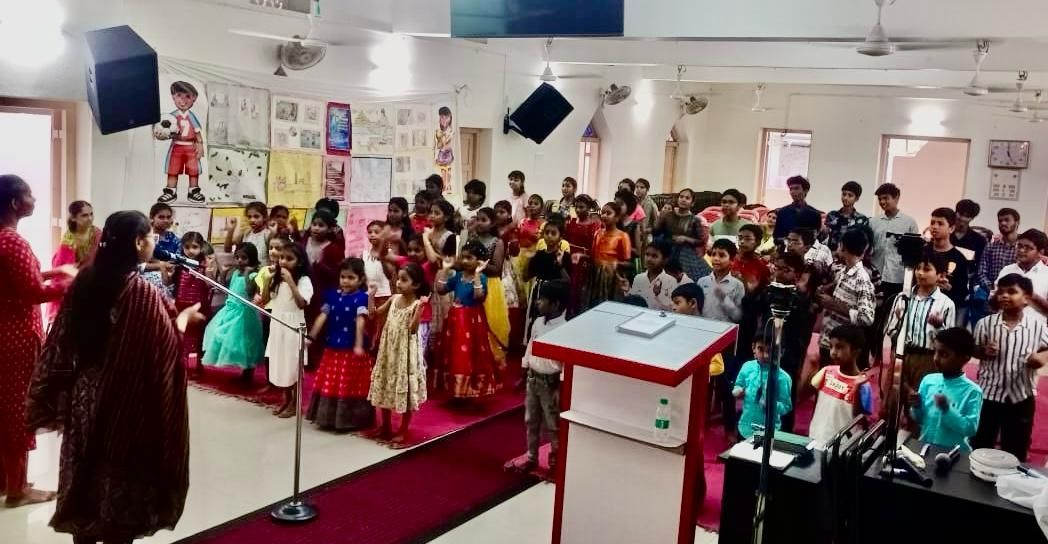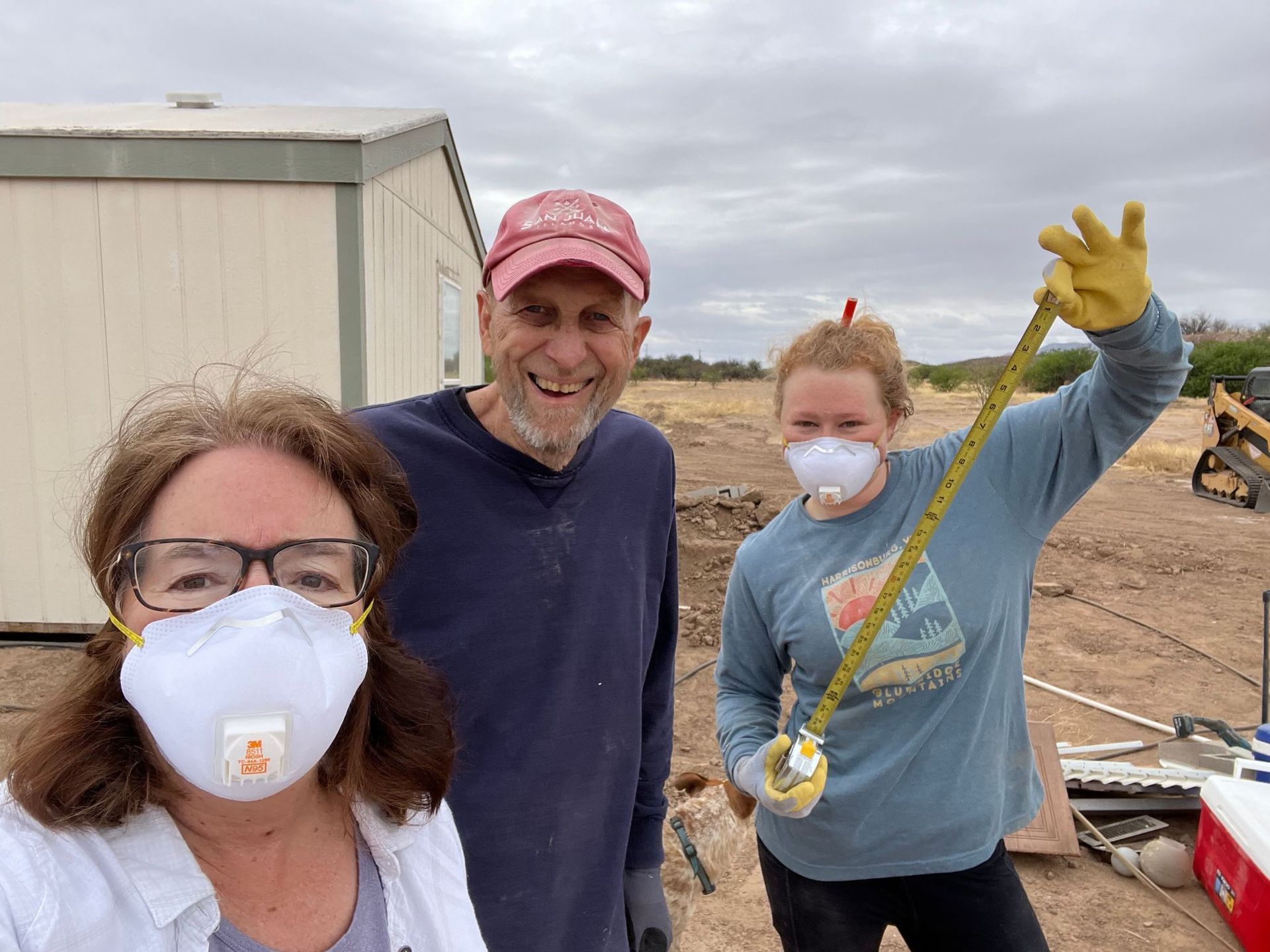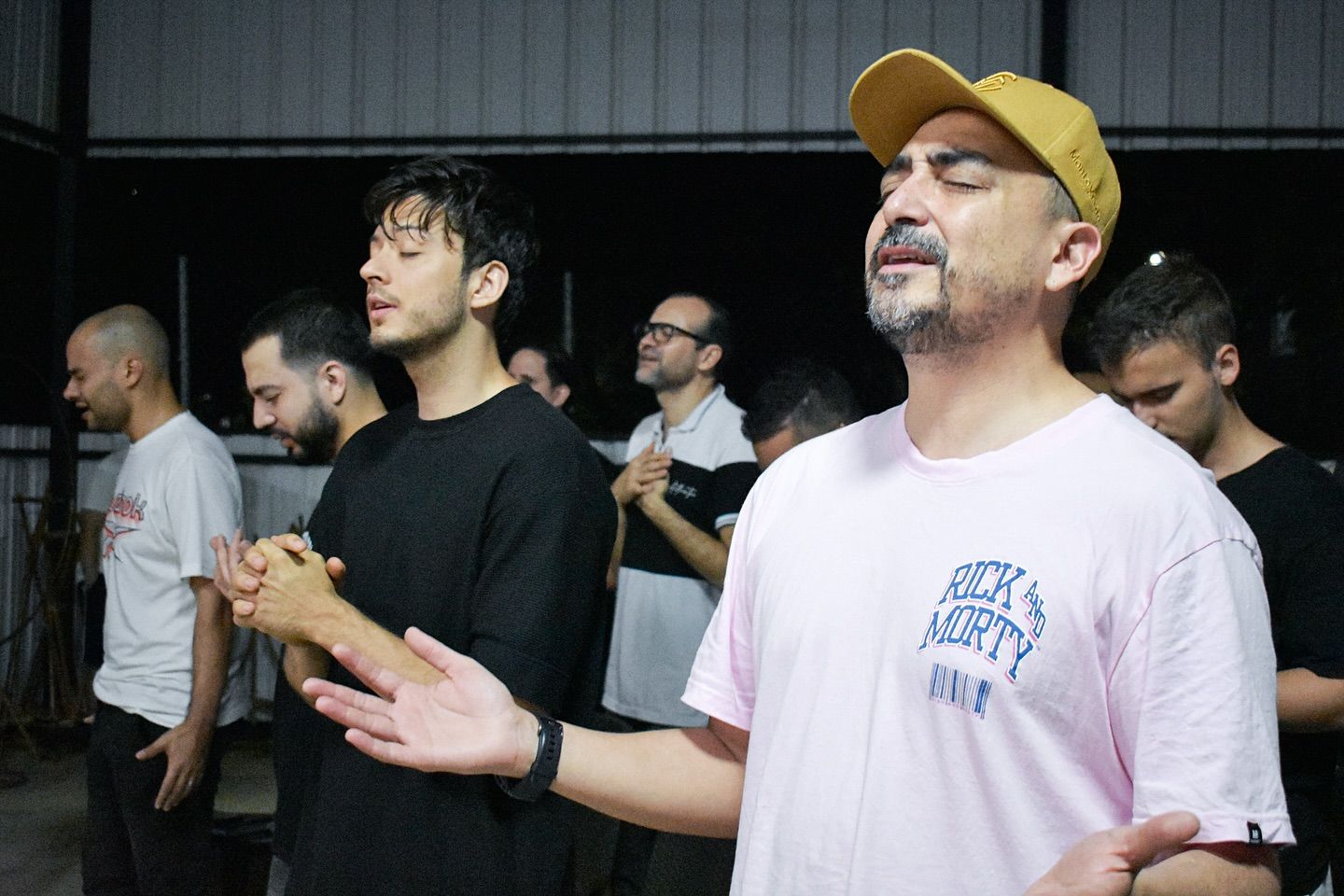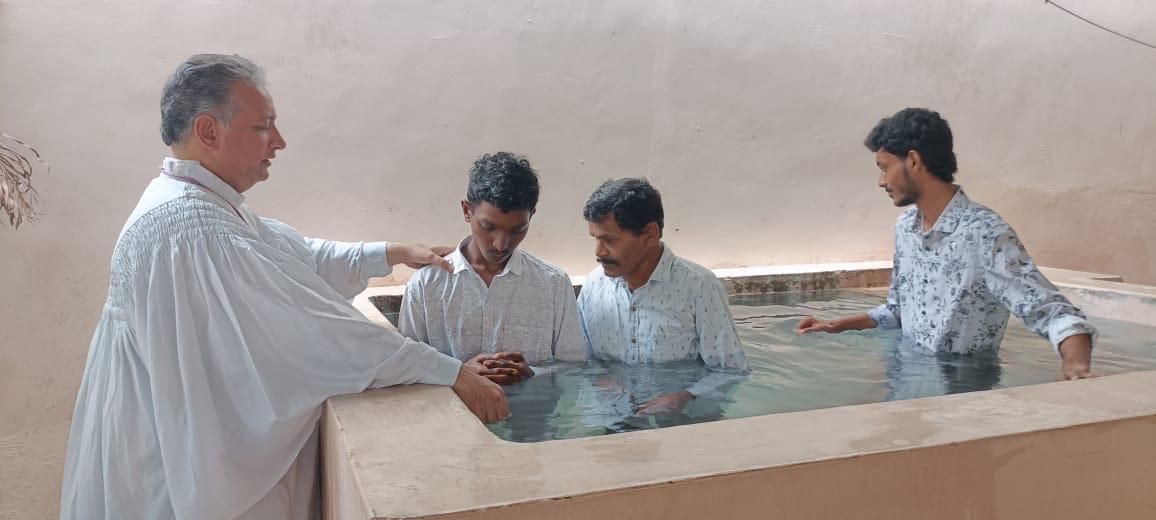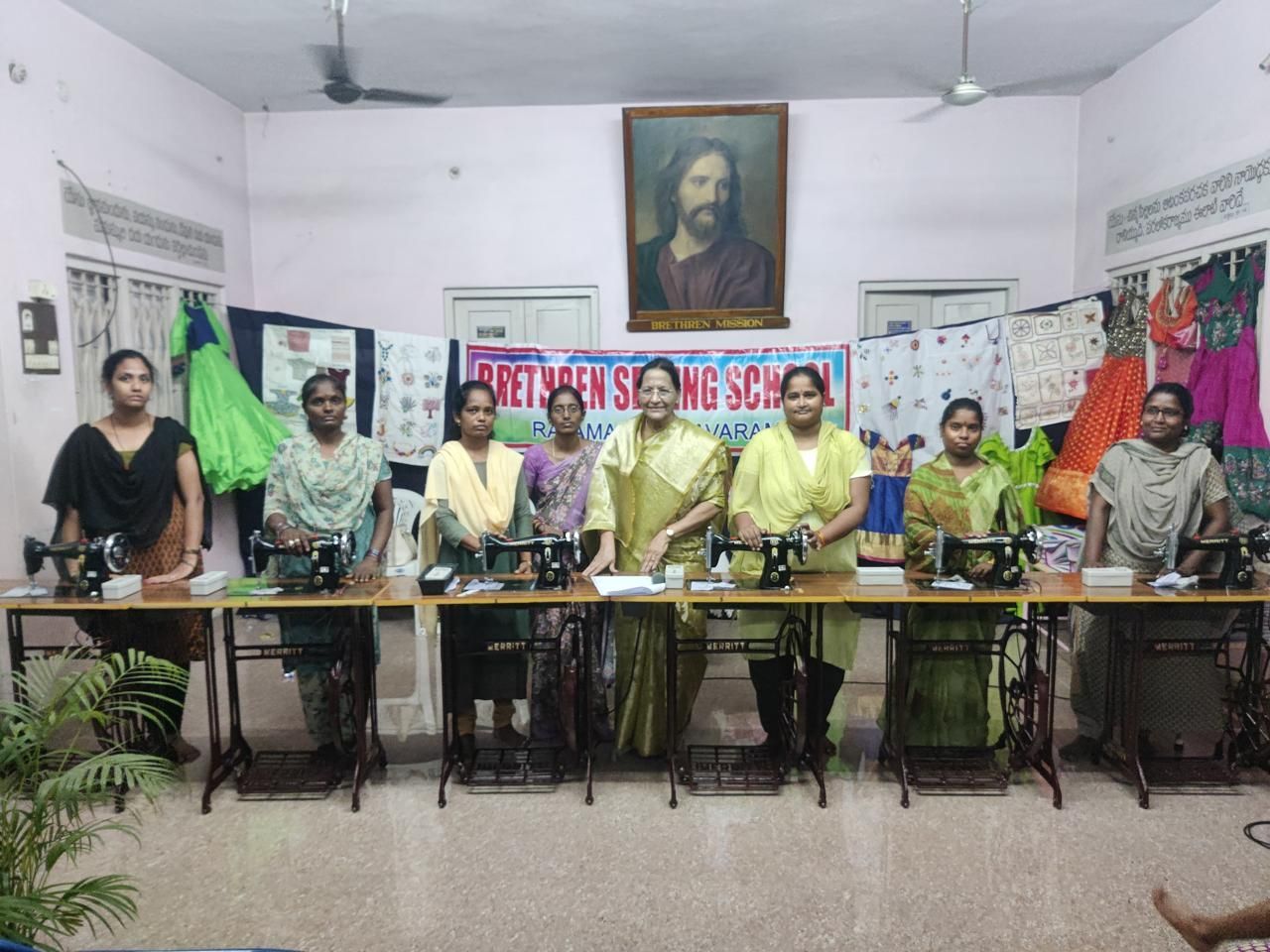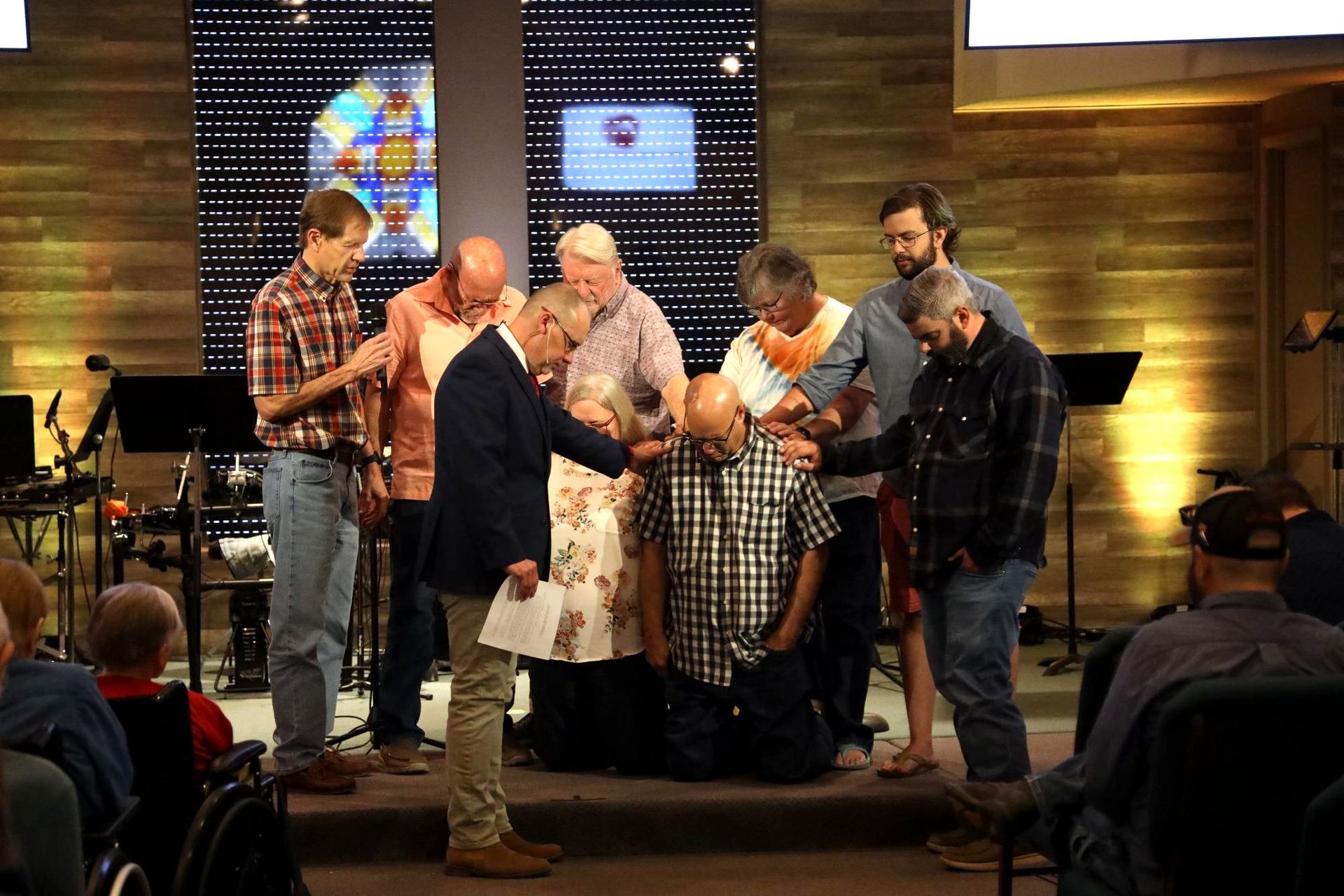Servant or Shepherd Leadership
Servant Leadership has emerged over the last couple of decades as a fashionable concept, both inside and outside of Christian Leadership circles. The concept of Shepherd leadership is typically associated with the role of a Pastor. While each have unique qualities, biblically they are not intended to be mutually exclusive. If one intends to be a servant leader, he must also have a shepherd’s heart, regardless of his or her role in ministry. If one intends to lead as a shepherd, they must exemplify servant leadership.
Therefore, the idea of Shepherd-Servant Leadership is a concept that should be recognized and championed in Christian leadership. As I have reviewed Scripture and other biblical sources, I understand that this type of leadership concept is not new. In fact, it is as ancient as the Scriptures themselves, yet not outdated. Moreover, despite its longevity, it remains vastly unrecognized.
Jesus said to his disciples, “whoever wants to be great among you must be your servant” (Matthew 20:26).[1] This demonstrates the shepherd’s role to lead and the leader’s role to be a servant. Paul called himself a “bondservant of Christ” yet was a powerful and prevalent leader
Of all scriptures that come to mind when thinking about The Shepherd-Servant Leader is our beloved view of Jesus washing his disciples’ feet in John 13:1-17. When reading this passage of John, most readers quickly go to illustrate Jesus’ example of servant leadership in this first communion service. The master assuming the lowliest servant’s role before the meal. While this is an accurate response, it is only a partial interpretation. Jesus never denied or emptied himself of his position as the Good Shepherd and Rabbi in this act. In fact, he magnified it. First, he was leading his disciples to a place of cleansing and wholeness in health, just as a shepherd leads his flock to healthy pastures. He said to Peter, “Unless I wash you, you have no part with me” (John 13:8b). Psalm 78:72 ESV says, “With upright heart, he shepherded them and guided them with his skillful hand.”
Secondly, he modeled for them and taught them how to be a shepherd and leader to others. “Now that I, your Lord and Teacher, have washed your feet, you also should wash one another’s feet. I have set you an example that you should do as I have done for you” (John 13:14-15). Here Jesus is shepherding them to lead others. He is teaching them to be Shepherd-Servant leaders. Shepherd-Servant Leaders have a heart to multiply what they are doing. They are not interested in self-accomplishment or ambition. Shepherd-Servants lead knowing God has given them their authority, so position is not important to them. This was Paul’s admonishment in Philippians 2:3 “Instead of being motivated by selfish ambition or vanity, each of you should, in humility, be moved to treat one another as more important than yourself.” A servant leader has the interest of others in mind as they lead for their own benefit. A Shepherd-Servant Leader, sacrificially leads others to succeed, even if it means to a loss.
Hebrews 13:7 reminds us to “Remember your leaders, who spoke God's message to you; reflect on the outcome of their lives and imitate their faith.” In other words, identify those who exemplify themselves as Shepherds-Servant leaders and imitate them. You can identify who a true Shepherd-Servant because they will be the ones leading their flocks to the rich pastures of God’s Word. The source of the Shepherd-Servant Leader is the Word of God and because of this, their life has noticeable and evident faith. The highest challenge for the American Church today is we live in an age where the latest books, music, conferences and endless media resources are at literally our fingertips. While these in of themselves do not lack value, the Shepherd-Servant Leader recognizes the intrinsic value of God’s Word apart from these things.
Shepherd-Servant leadership is in inherently sacrificial in nature. Many times, servant leaders serve begrudgingly, secretly complaining of the cross they bear.[2] This comes at a cost. This was Jeremiah’s admonishment to the leaders of Israel who chose to put their own interest before the wellbeing of God’s people. “Many shepherds have destroyed my vineyard; they have trampled down my portion; they have made my pleasant portion a desolate wilderness” (Jeremiah 12:10 ESV).
Our Brethren history is a legacy of people remaining steadfast in their convictions. Many have gone before us as Shepherd-Servant Leaders, even in the presence of opposition. The commission of Christ is to show kindness, love, and humility to those. If we lived the way Christ called us to live, the churches would never be empty. The Church should be so radically different that the world will come to see who we are out of pure curiosity. You can lead a church without Christ, but the result will ultimately be empty people driven away in search of a worldly replacement.
In John 13, Jesus “got up from the meal, took off his outer clothing, and wrapped a towel around his waist.” Here Jesus demonstrates humility. He lowers himself to do a lowly and dirty job. Five times Jesus says in John 10, that the Good Shepherd will lay down his own life for his sheep (John 10:11, 15, 17-18). The Shepherd-Servant Leader will choose personal sacrifice, even his own life for the welfare of his sheep.
Lastly, the Shepherd-Servant Leader is relational. “Those who have had a bath need only to wash their feet; their whole body is clean. And you are clean, though not every one of you.” Jesus knew who was going to betray him, and that was why he said not everyone was clean” (John 13:10-11). Jesus knew his disciples. He knew every detail about them, even those who would betray and deny him. Even so, he washed their feet and cared for them. Proverbs 27:23-24 says, “Pay careful attention to the condition of your flocks, give careful attention to your herds, for riches do not last forever, nor does a crown last from generation to generation.”
Being relational also means being vulnerable. This is a difficult view to embrace. Servant leadership alone places stringent boundaries on the leader/follower relationship. Most servant leaders humbly and sincerely serve their charges, but not at too high of a cost. Paul tells us in Philippians 2:4 to not look out for our own interests. This goes against nearly every leadership principle, including servant leadership. This was the basis of John the Baptist’s words when he said, “He must increase but I must decrease” (John 3:30) and this is what Jesus meant when he said, “You know that those who are recognized as rulers of the Gentiles lord it over them, and those in high positions use their authority over them. But it is not this way among you. Instead whoever wants to be great among you must be your servant, and whoever wants to be first among you must be the slave of all” (Mark 10:42-44).
This kind of personal sacrifice and relational leadership was exemplified in Bonhoeffer. Bonhoeffer’s story captives as we read of his imprisonment and the final events leading up to his martyrdom. But that prison experience and the richness of his writing during it did not come from a vacuum.[3] Bonhoeffer lead as a Shepherd-Servant. The Shepherd-Servant Leader leads because he knows and loves the people he is leading. He knows that his work is not his own, but a high calling of God. He knows who he is and God’s will for his life. This was characteristic of Jesus in the upper room. He knew his disciples in part because he knew who he was and he knew his purpose.[4]
This is an important aspect of the Shepherd-Servant Leader. Paul tells Timothy that leaders are to be above reproach (1 Timothy 3:2). I believe that many leaders fall into accusation and blame because they lose sight of their calling, purpose, and first love. Instead of leading because they are under the calling of God, they become alienated from God’s will. They still are skilled in their ability to preach, teach and lead. However, they are the kind of leaders Paul warns about in his letter to Timothy. “They will maintain the outward appearance of religion but will have repudiated its power. So avoid people like these” (2 Timothy 3:5).
The concept of Shepherd-Servant Leader is a formidable yet prized concept to base one’s leadership foundation. It is a biblical model that is rarely fully grasped. Jesus washing his disciples’ feet in the Upper Room is a perfect example of Shepherd and Servant Leadership. It is a powerful picture of proper Christian leadership. It is not reserved for Pastors and Elders alone. It is the example set for all who wish to lead in ministry.
As a Brethren Elder, I am reminded of this every time we practice the three-fold communion service. It is a humbling time and a time that I sense God’s reminder of my call, my position, and the reverence of my position as pastor. It is a time to remind those who serve with me their calling as church leaders. I have come to cherish these services as I remember Christ’s example. Though he was Son of the Most High God, he disrobed, knelt, loved, and then went to Calvary’s tree. He led his disciples the very way he expects all of us to lead: as a Shepherd-Servant Leader. May we be encouraged by this when we feel the weight of the leader’s cross.
[1] Unless otherwise noted, all biblical passages referenced are in the New English Translation (Biblical Studies Press, L.L.C., 2006).
[2] Oluwagbemiga Olowosoyo, Servant Leadership (New York: McGraw Hill Publishing, 2014), Kindle loc 103.
[3] Stephen J. Nichols, Bonhoeffer On the Christian Life: From the Cross, For the World (Wheaton, IL: Crossway, 2013), 34.
[4] R. Kent Hughes, John: That You May Believe (Wheaton, IL: Crossway, 1995), Kindle loc. 5396.
